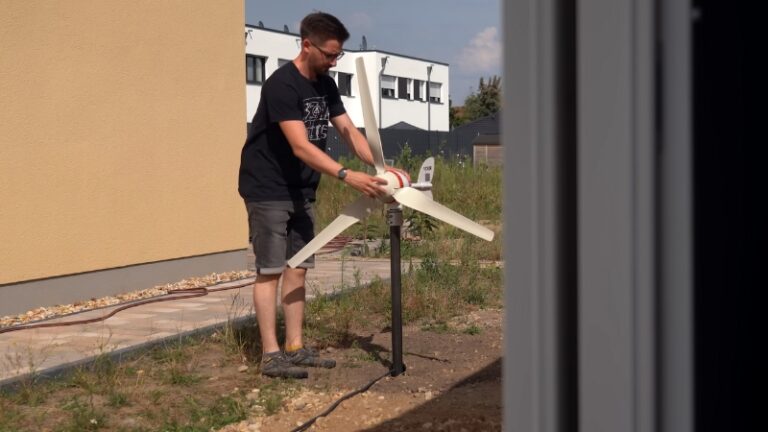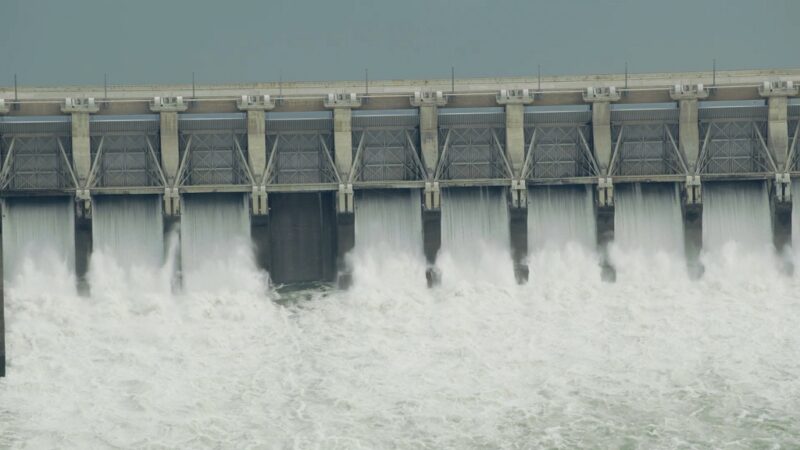Dams and reservoirs play a crucial role in supporting modern infrastructure, offering resources vital to communities and industries.
These structures ensure reliable water supplies, generate electricity and provide protection against natural disasters such as floods.
Hydraulic engineering forms the backbone of their design and operation, ensuring their safety and efficiency.
Within this field, expert witnesses provide essential insights during legal and operational challenges, helping to uphold best practices in dam and reservoir management.
Expertise in Hydraulic Engineering Expert Witnesses
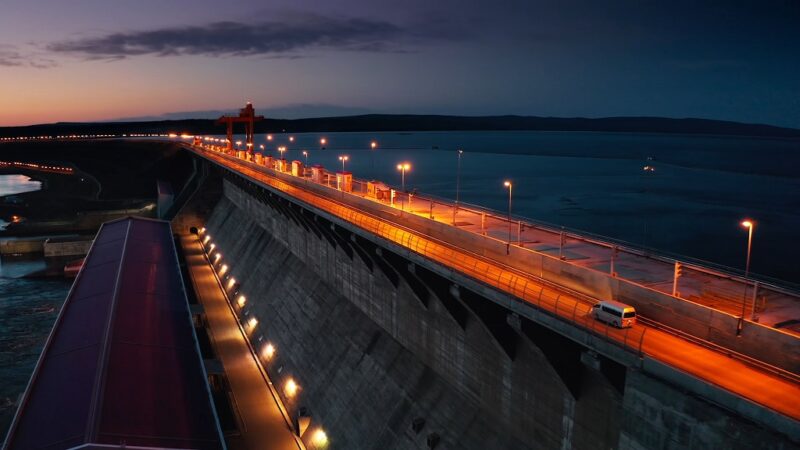
Hydraulic engineering expert witnesses play a pivotal role in supporting the management and safety of dams and reservoirs.
These professionals apply their extensive technical knowledge to assess, diagnose, and resolve complex challenges associated with water infrastructure.
A hydraulic engineering expert witness is a professional whose contributions are indispensable during legal disputes, operational assessments, and policy development.
They ensure that all aspects of dam and reservoir operations align with safety, efficiency, and sustainability standards.
Key Areas of Expertise
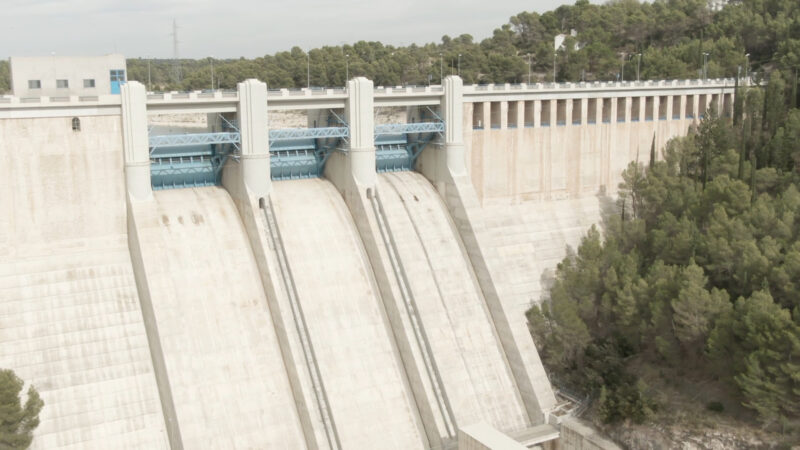
Hydraulic engineering expert witnesses bring specialized knowledge critical to dam and reservoir operations.
Their expertise encompasses a wide range of technical areas essential for maintaining the functionality and safety of these infrastructures:
- Fluid Dynamics and Water Flow Analysis: These experts analyze water flow patterns to enhance operational efficiency and address issues such as sedimentation or overflow that can impact structural integrity.
- Infrastructure Design and Failure Analysis: They focus on evaluating and improving design elements to prevent or mitigate structural issues, offering solutions that prolong the lifespan of dams and reservoirs.
- Environmental Impact Assessments: By assessing the environmental consequences of dam operations, they help balance operational goals with regulatory compliance, ensuring ecosystems remain protected.
- Flood Risk Management and Regulatory Compliance: Their expertise in managing flood risks supports adherence to safety standards, reducing the likelihood of disaster while aligning with local and international regulations.
Qualifications of Expert Witnesses
The qualifications of hydraulic engineering expert witnesses set them apart as invaluable resources.
They typically hold advanced degrees in civil or hydraulic engineering and have years of experience working on dam and reservoir projects.
Their deep knowledge ensures they can effectively address complex technical issues. Notable qualifications include:
- Educational Background: Advanced degrees in engineering fields related to hydraulics, civil engineering, or water resources.
- Professional Experience: Decades of hands-on experience in designing, maintaining, and assessing dams and reservoirs, coupled with a solid understanding of industry best practices.
- Courtroom Expertise: Their ability to clearly and effectively communicate complex technical information makes them invaluable in legal contexts.
Functions and Challenges in Dam and Reservoir Operations
Dams and reservoirs are critical components of infrastructure that serve multiple purposes, benefiting communities and industries worldwide.
However, managing these structures involves navigating a complex array of functions and challenges that require expertise and innovation.
Primary Functions of Dams and Reservoirs
Dams and reservoirs are engineered to fulfill various essential roles that cater to societal needs:
- Water Supply and Irrigation: These structures are crucial for securing water for domestic, agricultural, and industrial purposes, ensuring a consistent supply even during periods of drought.
- Hydropower Generation: By powering turbines, dams provide renewable energy to millions of households and businesses, contributing to sustainable energy solutions.
- Flood Control: Managing water flow during heavy rains or snowmelt helps prevent catastrophic damage to downstream areas, protecting lives and property.
- Environmental Conservation and Recreation: Reservoirs maintain habitats for aquatic life and support activities like boating and fishing, benefiting ecosystems and local economies alike.
In addition to these functions, dams play a role in supporting local economies by creating jobs during construction and maintenance while fostering tourism in regions with recreational facilities.
Challenges in Dam and Reservoir Management
Despite their benefits, dams and reservoirs pose significant challenges that demand careful management. Structural failures and maintenance issues are persistent concerns, requiring rigorous inspection and repair to ensure safety.
Environmental impacts also present ongoing challenges. Sedimentation, for example, reduces water storage capacity and affects operational efficiency, while alterations in natural water flow can disrupt aquatic and terrestrial ecosystems.
Legal and operational disputes are another hurdle.
Conflicts over water rights and usage often arise, particularly in regions where resources are scarce. Such disputes can delay or hinder essential operations, complicating management efforts further.
Climate change implications add an additional layer of complexity.
The increased frequency of extreme weather events heightens the risks of flooding and structural damage, making adaptive strategies crucial to ensuring long-term functionality and resilience.
Addressing these challenges requires collaboration among engineers, environmental scientists, policymakers, and legal experts.
Innovations in technology and policy frameworks are essential for maintaining a balance between operational efficiency and environmental stewardship.
Roles in Legal and Operational Contexts
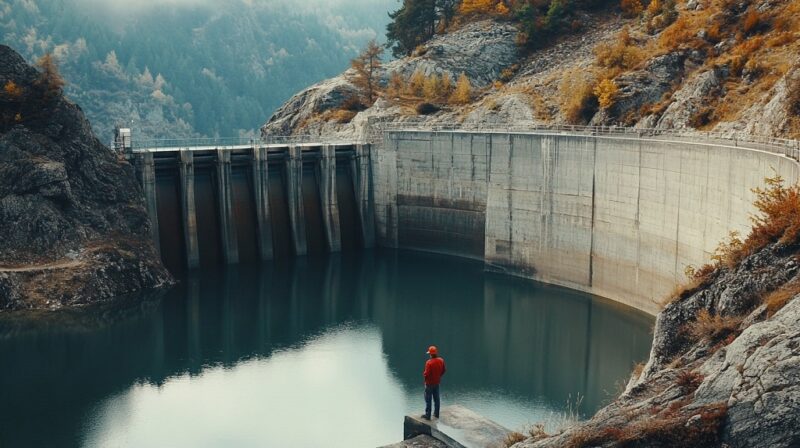
Hydraulic engineering expert witnesses provide invaluable support in navigating the complex legal and operational challenges associated with dams and reservoirs.
Their multifaceted roles span dispute resolution, risk assessment, and policy advocacy, ensuring that operations meet safety, legal, and environmental standards.
Their contributions are pivotal to sustaining efficient, equitable, and compliant dam and reservoir management practices.
Dispute Resolution
Legal disputes involving dams and reservoirs often require the expertise of hydraulic engineering expert witnesses to ensure fair and informed outcomes. These professionals:
- Clarify technical issues related to water rights and usage conflicts, fostering equitable resolutions.
- Provide testimony in cases involving structural failures, highlighting design flaws or operational shortcomings.
- Offer evidence in environmental compliance disputes, addressing matters such as sedimentation, ecosystem impacts, or regulatory violations.
Risk Assessment and Management
Expert witnesses are instrumental in identifying and mitigating risks tied to dam and reservoir operations. Their work includes:
- Evaluating current safety protocols and identifying areas for improvement.
- Recommending structural and operational enhancements to reduce the likelihood of floods, infrastructure failures, or other disasters.
- Collaborating on disaster mitigation strategies, including floodplain mapping and emergency response planning.
Policy and Compliance Advocacy
Hydraulic engineering experts also play a significant role in shaping policies and ensuring regulatory compliance. Their contributions involve:
- Advising operators on adherence to industry standards and legal requirements.
- Supporting the development of sustainable water management practices that balance human needs and environmental stewardship.
- Advocating for resilience-focused policies that address evolving challenges, such as climate change and resource scarcity.
Final Reflection
Hydraulic engineering expert witnesses are indispensable in ensuring the safety and efficiency of dams and reservoirs.
Their expertise supports legal, operational, and policy frameworks, contributing to sustainable resource management and disaster prevention.





